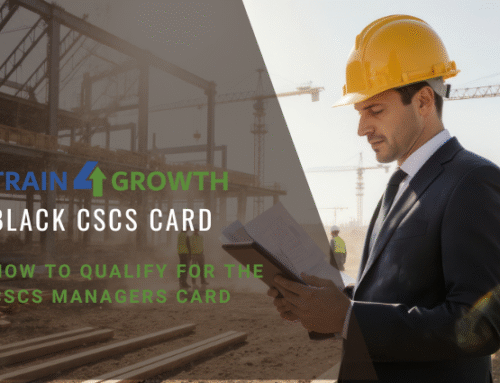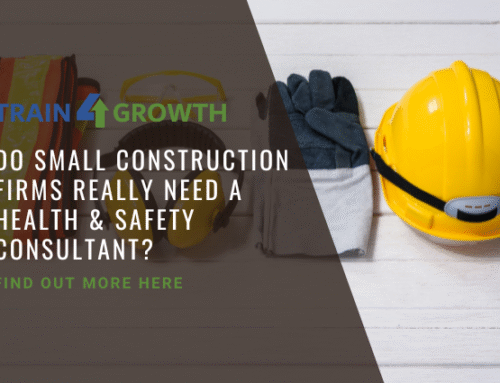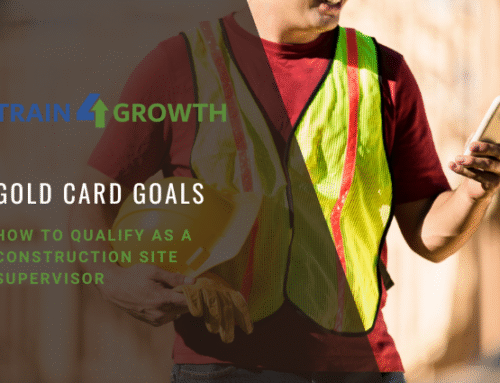If you run or manage construction projects, you’ll already know how important health and safety is.
But one question often comes up: do you really need a construction health and safety consultant, or is an in-house safety officer enough?
In this guide, we’ll break down what a consultant does, when you might need one, and the benefits they can bring to your projects.
What Does a Construction Health and Safety Consultant Do?
A construction health and safety consultant is an external expert who provides support and guidance to ensure your projects meet the UK’s strict safety standards.
Unlike a site safety officer who may focus on day-to-day monitoring, a consultant brings a wider perspective.
Typical responsibilities include:
- Carrying out **risk assessments** for projects of all sizes.
- Helping you comply with the CDM Regulations 2015.
- Advising on site welfare, PPE, and safe systems of work.
- Training staff to improve safety awareness
- Supporting record-keeping and reporting.
Learn more about our Health & Safety Consultancy services here
When Do You Need a Health and Safety Consultant in Construction?
Not every company will need a consultant all the time. But there are clear situations where hiring one makes sense:
- If you’re starting a new project – especially large or complex builds where CDM applies.
- When your company doesn’t have in-house health and safety expertise.
- If you’ve had issues raised by the HSE or main contractor.
- When tendering for contracts that require documented safety management plans.
- If you want peace of mind that your current systems are compliant and effective.
For many small to medium-sized contractors, a consultant is the most practical way to meet legal duties without the cost of employing a full-time safety manager.
The Benefits of Hiring a Consultant
Bringing in external support can make a real difference. Benefits include:
- Compliance made simple – you won’t need to worry about missing changes in regulations.
- Lower risk of accidents – through proactive planning and safer systems of work.
- Time and cost savings – avoiding project delays, penalties, or downtime caused by safety breaches.
- Independent perspective – consultants can spot issues that in-house teams may overlook.
- Improved reputation – being known as a safe contractor helps win more work.
Consultants vs Safety Officers: What’s the Difference?
- Safety Officers: Usually employed by the company, working daily on site. Focus is on immediate safety checks and compliance.
- Consultants: External experts who look at the bigger picture, provide strategic advice, and support across multiple projects.
Often, the best solution is a combination of both: a safety officer handling site checks, supported by a consultant who provides wider oversight and keeps the company up-to-date with regulations.
How Train4Growth Can Help
At Train4Growth, our health and safety consultants specialise in construction.
We work with both small local builders and larger contractors, providing tailored support to match your needs.
Our services include:
- Risk assessment and planning.
- CDM 2015 compliance.
- Contractor and subcontractor management.
- Worker engagement and safety culture.
- Bespoke site safety plans.
Discover our full Construction Health & Safety Consultancy service
Final Thoughts
Not every project will need a consultant, but for many construction companies, they are the most cost-effective way to stay compliant and protect workers.
If you’re unsure whether you need one, the best step is to get advice.
📞 Call Train4Growth today on 0161 706 1401 or send us a message to speak to one of our health and safety specialists.




